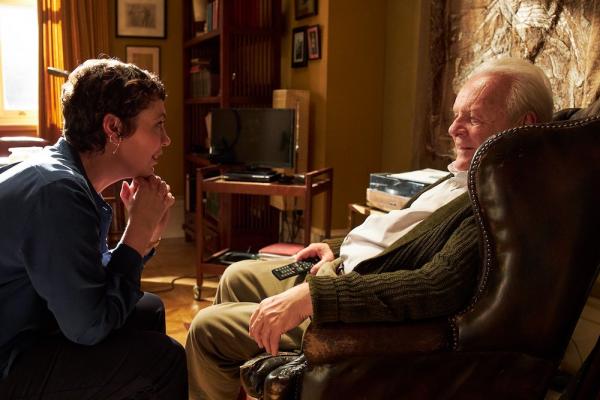Mar 9, 2021
The film immerses us in the mind of 80-year-old Anthony (Anthony Hopkins) as he navigates the onset of dementia and his increasing dependence on his daughter, Anne (Olivia Colman). In a recent interview with Zeller, he told me the play was based on his own experience of caring for his grandmother as she battled dementia, when he was just a teenager.
Read the Full Article

Already a subscriber? Login
